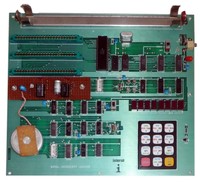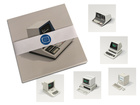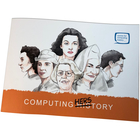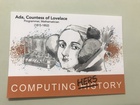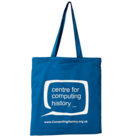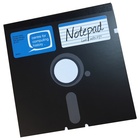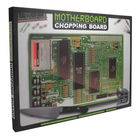Intercept Jr Tutorial System
| Home > Browse Our Collection > Computers > Intersil > Intercept Jr Tutorial System |
|
The "Intercept Jr." is a 1976 completely assembled microcomputer on a board built around the 6100 MPU (PDP-8 on a chip). It is billed as a "tutorial trainer which, with its detailed owners handbook, teaches the basics of microprocessors, Random Access Memories (RAMs), Read Only Memories (ROMs) and input/output interfacing, all in less than 8 hours." The INTERCEPT JR. TUTORIAL SYSTEM recognizes the instruction set of Digital Equipment Corporation's PDP-8/E and is designed with a modular concept to enable the user to purchase only those modules which meet his requirements. The design permits the user to participate in the future of digital computers by yielding an understanding of the microprocessor and related component functions as well as programming fundamentals. Large Scale Integration (LSI) of Intersil's digital CMOS components results in the system being battery operable and, thereby, yields the flexibility of a portable system. Experience can be gained with the components required for a classical computer architecture-a processor, or central processing unit (CPU), memory and input/output. The IM6100 microprocessor serves as the CPU and memory is available in the form of CMOS RAM, ROM and bipolar P/ROM. Input/output can be experienced in its simplest form via the keyboard and LED displays or can be studied in greater detail by utilizing the JR. SERIAL I/O MODULE. It is battery-operated (4 "D" cells), has a 9-key pad, 8-digit LED display, 2k x 12 bit PROM and serial I/O interface (with both RS-232 and 20 ma current loop capabilities). Very complete instruction book. Basic board with CPU $281.00, 1024-word RAM $145.00, PROM module $74.65, I/O module $81.70. "Put 'em all in a case and you've got a PDP-8 for peanuts. Literature free." From Intersil, 10900 North Tantau Ave., Cupertino, CA 95014. Manufacturer: Intersil Comment on This Page Intercept Jr Tutorial System Manuals:
This exhibit has a reference ID of CH15339. Please quote this reference ID in any communication with the Centre for Computing History. |
|


